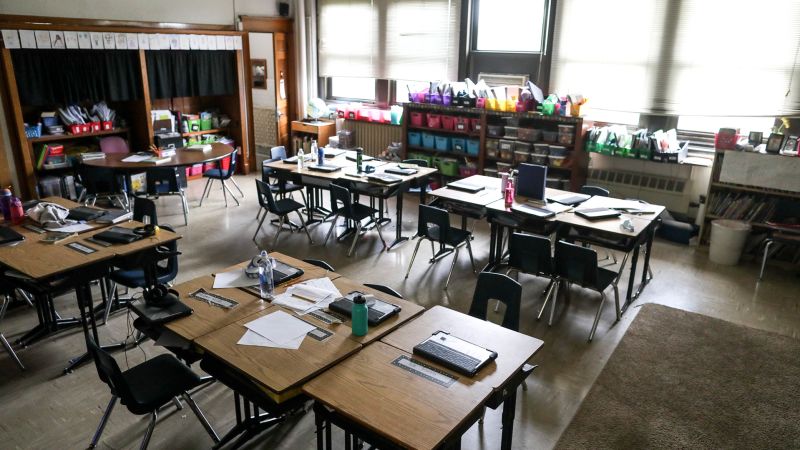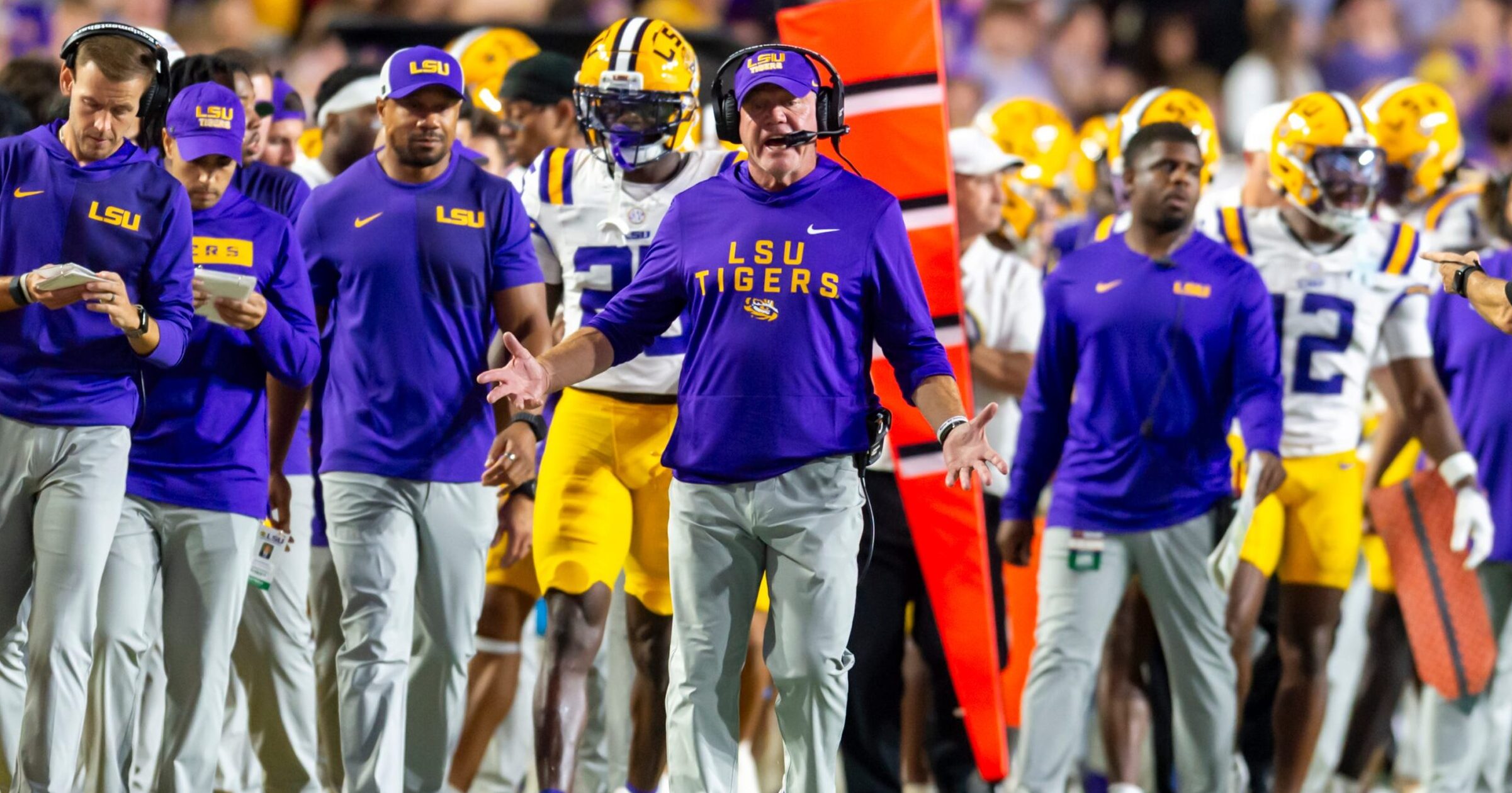Washington
CNN
—
Iowa Gov. Kim Reynolds signed a sweeping bill into law Friday that will restrict education about gender identity and sexual orientation and ban books with certain sexual content from school libraries, as well as require schools to notify parents if their child asks to use a new name or pronoun.
Iowa is just one of several Republican-led states to pass laws strengthening what advocates often describe as “parental rights” over the past few years.
The controversial movement, which critics argue is aimed at limiting the rights of LGBTQ and other marginalized students, emerged as a top issue for the national Republican Party during the Covid-19 pandemic and is expected to play a key role during the 2024 election cycle.
The Human Rights Campaign, a civil rights organization, likened Iowa’s parental rights law to legislation enacted in Florida last year that opponents dubbed “Don’t Say Gay.” The Florida law banned certain instruction about sexual orientation and gender identity in the classroom and set off a social and political firestorm.
Iowa state Sen. Ken Rozenboom, chair of the education committee, has said that the parental rights bill “matches up with what most schools are doing now.”
“But we need to rein in those schools that believe that ‘the purpose of public education is to teach [students] what society needs them to know.’ We must put parents back in charge of their children’s education,” he wrote in his newsletter in March.
Iowa has passed several new laws this year addressing parents’ rights. In March, Reynolds signed into law a ban on gender-affirming care for minors, as well as a law that makes it easier for families to use taxpayer dollars to send their children to private K-12 schools regardless of their income.
The new Iowa law, also known as SF 496, touches on a range of education-related issues.
It prohibits instruction relating to gender identity or sexual orientation to students in kindergarten through sixth grade.
The law also requires school administrators to notify parents if their child “requests an accommodation” related to their gender identity, including using a name or pronoun that is different than the one “assigned to the student in the school district’s registration forms or records.”
When it comes to books, the law puts restrictions on school libraries for students in kindergarten through 12th grade. The libraries can only have books deemed “age-appropriate,” which, according to the law, excludes any materials with “descriptions or visual depictions of a sex act.”
School employees found to be in repeated violation of some of these provisions could face disciplinary action, according to the law.
Similar laws restricting what books are allowed in libraries have recently gone into effect in other states, including Florida, Missouri and Utah.
“Vague language in the laws regarding how they should be implemented, as well as the inclusion of potential punishments for educators who violate them, have combined to yield a chilling effect,” according to a report published in April by PEN America, a nonprofit that works to defend free expression and tracks book bans.
Laws like the one in Florida give incentives to teachers, media specialists and school administrators to proactively remove books from shelves, the report said.
There were more book bans across the country during the fall 2022 semester than in each of the prior two semesters, according to PEN America. The bans were most prevalent in Texas, Florida, Missouri, Utah and South Carolina.
About one-third of the titles banned are books about race or racism or feature characters of color. About 26% of the titles have LGBTQ+ characters or themes.
“Those children tell us all the time that finding books that reflect their experiences and answer questions they would never ask adults is lifesaving for them,” said Deborah Caldwell-Stone, director of the American Library Association’s Office for Intellectual Freedom and executive director of the Freedom to Read Foundation.
The past year has brought an escalation to the book ban movement, with many state lawmakers introducing legislation that could have an impact on what’s available at public and school libraries.
“We’re looking at over 31 bills that oppose some kind of restriction on the ability of librarians to create collections that serve the needs of every student or attempt to censor books based on one group’s opinion,” Caldwell-Stone added.
There are at least 62 “parental rights” bills that have been introduced in 24 states this year, according to FutureEd, a think tank at Georgetown University’s McCourt School of Public Policy.
Most have yet to become law. But last year, six bills were signed by governors – two in Florida, two in Arizona and one each in Georgia and Louisiana.
Many of the bills focus on parents’ right to know what their children are learning in classrooms, particularly around issues of race and gender.
The Republican-controlled US House passed its own “Parents Bill of Rights” bill in March, though the Senate is not expected to take up the legislation.
Overall, a record number of anti-LGBTQ bills have been introduced this year. Some focus on education, but others concern health care, bathroom access and drag performances.



























